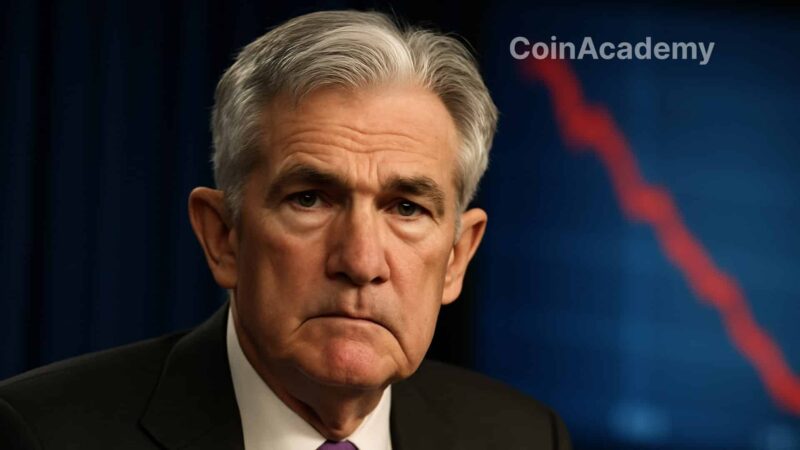Andre Cronje claims that Coinbase demanded up to $300 million to list Fantom, while Binance allegedly charged no listing fees.
Justin Sun joins the discussion and accuses Coinbase of asking for $330 million to list Tron (TRX), which includes a deposit of 500 million TRX and $250 million in Bitcoin.
These allegations were made in response to Coinbase CEO Brian Armstrong’s statement that Coinbase does not charge any listing fees.
Justin Sun Accuses Coinbase of Charging Listing Fees
Tron founder Justin Sun recently claimed that Coinbase demanded the astronomical sum of $330 million to list Tron (TRX) on its platform. According to Sun, this demand included a deposit of 500 million TRX, valued at $80 million, as well as a $250 million Bitcoin deposit to be held in Coinbase’s custody solution.
Surprisingly, these allegations contradict Coinbase’s official statements. In a post published on November 2, CEO Brian Armstrong reminded that “asset listings on Coinbase are free.”
Coinbase, the sixth largest cryptocurrency exchange in the world with approximately 6.1% market share, is now being accused of opaque practices. On the other hand, market leader Binance claims to have a no-fee listing policy, confirmed by several players including Sun himself, but disputed by many others.
Andre Cronje’s Accusations of Listing Fees against Coinbase
Entrepreneur and Fantom Network founder Andre Cronje had fired the first shot by posting similar claims earlier. In response to Brian Armstrong’s post, he detailed the different amounts that Coinbase allegedly demanded for listing Fantom, ranging from $30 million to an astonishing $300 million. Known for his contributions in decentralized finance with projects like Yearn.finance and the Keep3r network, Cronje enjoys a solid reputation, and his testimony raised doubts about Coinbase’s practices before Sun added his own accusation.
Cronje states that Binance, just like with Tron, did not charge any fees for listing Fantom, and that their model has always been based on complete transparency. Since 2018, Binance has had a listing fee policy dedicated to charity, in contrast to the rumors surrounding Coinbase and other exchanges.
Loss of Credibility for Centralized Platforms?
These accusations of exorbitant listing fees have caused shockwaves in the crypto community. Several analysts and entrepreneurs have reacted, mentioning a potential migration of projects to decentralized platforms (DEX). Simon Dedic, CEO of Moonrock Capital, expressed skepticism about the viability of centralized exchanges (CEX) and emphasized that many projects might consider DEX as a viable alternative. In fact, DEX could see significant growth as numerous actors have grown tired of the abusive power structure of CEX.
DEX transaction volumes have been steadily increasing for several months. In March and June 2024, decentralized exchanges surpassed the monthly $250 billion volume mark for the first time since late 2021. By October, DEX volumes accounted for 13.6% when compared to CEX: for every billion dollars traded on centralized platforms, 136 million were traded on decentralized platforms.
DEX: A Model on the Rise amidst Criticism
The allegations against Coinbase and other major CEX could accelerate a transition towards decentralized platforms. DEX, which offer increased user autonomy, process transparency, and self-custody, are gaining popularity among those questioning the centralization of decisions and costs in large exchanges. With influential figures like Justin Sun and Andre Cronje raising serious concerns, the rise of DEX now seems inevitable.




